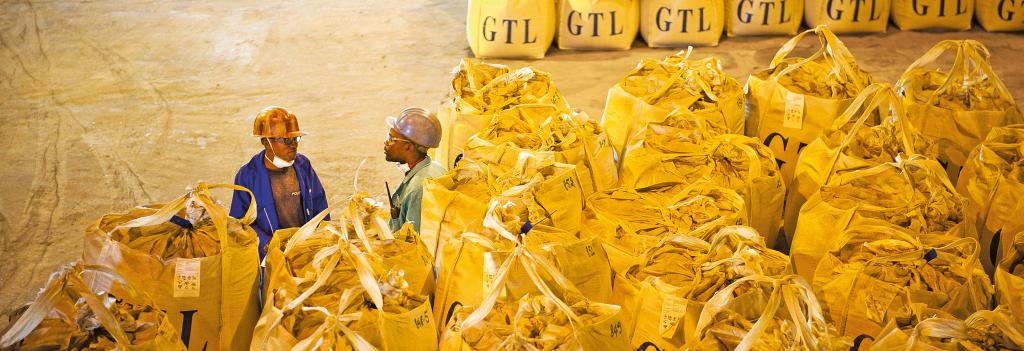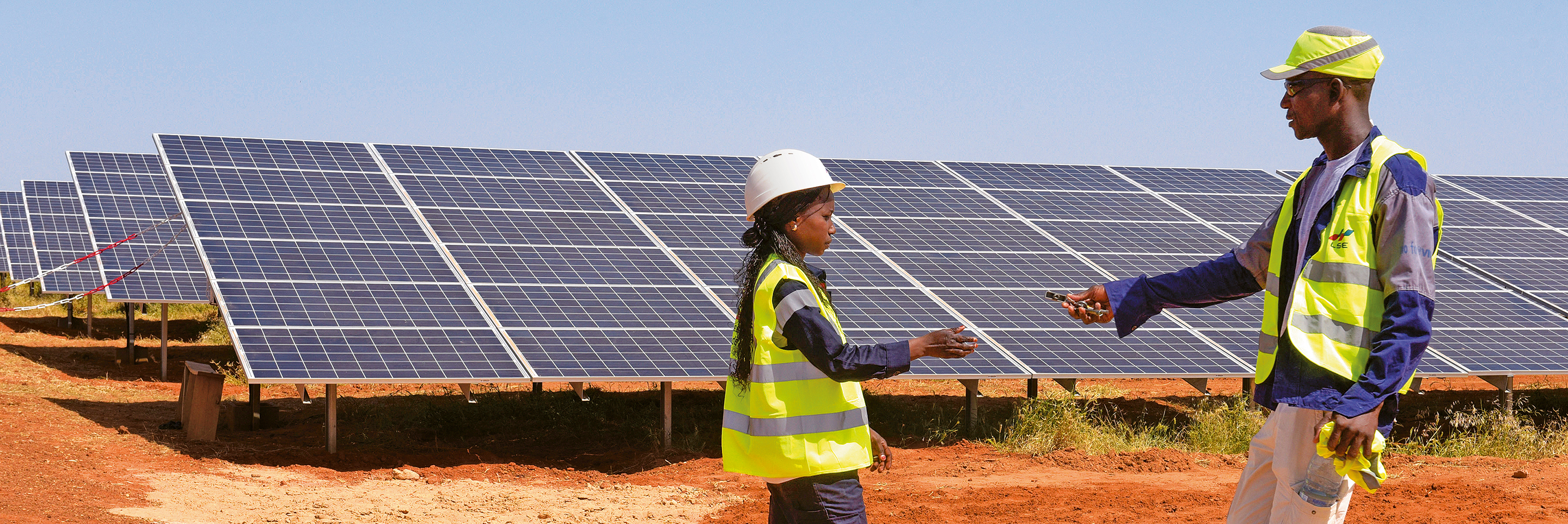"We don’t know the situation in your country. It’s you: you have to make regulations for your country. Not we in Switzerland.” This is what a Swiss parliamentarian replied to a Ghanaian filmmaker who was shooting a documentary film on illicit financial flows (IFFs) in commodity trade. Every state is indeed expected to enact legislation to protect and advance its own interests. But is this good enough? To what extent are stronger international cooperation and global governance necessary to help resource-rich African countries such as Ghana mobilise domestic resources for development? And, to start with, is Africa indeed on the rise?
Aggregating 54 very diverse states into one homogenous African entity does not allow for sweeping generalisations; in this article, we will focus on commodity-dependent countries. Besides, in the African context, macroeconomic data does not necessarily reflect reality, as most economic activities in Africa are informal and statistical offices under-resourced. That said, one thing is certain: Africa’s population is on the rise. It is estimated to have doubled since 1995 to reach 1,460 million in 2023, or 18% of the world’s population. Forecasts indicate that Africans may number 2,485 million by 2050, accounting for over one in every four humans. The continent will remain comparatively young, with a median age moving from 18 today to 25 by 2050.
Such a steady demographic growth raises challenges. For example, a high youth bulge tends to be associated with a higher risk of armed conflict, aggravated by ever
greater climate risks. Additionally, the expansion of cities, accentuated by migratory pressures, requires massive investment in urban infrastructure. But demographic growth also offers unique opportunities: Africa’s comparative advantage is shifting from a relative abundance of land – which led many countries to specialise in
raw commodity exports and extensive agriculture – to a relative abundance of labour. To stimulate job creation and sustainable development, experts and policymakers are looking at ways to “leapfrog development” toward a green economy, drawing on the digital and energy transitions while skipping polluting industrial stages.
Africa is estimated to hold over a fifth of the world’s supply of the critical minerals needed for the energy transition, such as cobalt, copper, manganese and lithium. Countries with the largest reserves have long been courted by major powers vying for access to critical metals and minerals. The opening in 2023 of the Lobito railway corridor linking Congolese and Zambian mineral deposits to the Atlantic coast is seen as a major milestone, supplying American and European industry and reducing dependence on China.
How can we prevent this commodity boom from turning into yet another resource curse for producer states? First, the governance of critical minerals requires effective checks and balances at domestic and global levels together with solid social and environmental safeguards. Second, economic diversification is key, all the more as industrial mining is capitalintensive but does not create many jobs (contrary to informal and smallscale mining). This calls for moving up the value chain, for example by building local refining capacity and producing battery parts for export, as well as e-motorcycles and other goods and services for booming domestic markets and the growing African middle classes. This, in turn, requires investing in education and infrastructure.
Funding needs are massive at a time when African countries face tight budgetary constraints and high debt levels. The African Development Bank estimates that the continent needs about USD 1,300 billion annually to achieve the Sustainable Development Goals in addition to USD 2,700 billion to implement its climate commitments by 2030. Africa must thus mobilise huge resources while it is estimated to lose about USD 90 billion annually to IFFs. Tax evasion by mining firms has been estimated to deprive sub-Saharan Africa of up to USD 730 million a year. In a nutshell, African countries must be able to strengthen their tax base and raise their tax-to-GDP ratio that currently lies at 16% (compared with 33% in OECD countries).
Returning to the Swiss parliamentarian’s quote suggesting that African states such as Ghana must address these issues themselves: research suggests that this is only part of the solution. To curb IFFs, commodity-dependent African countries can indeed adopt a range of measures, and technological innovations can help. Yet, enduring pull factors must simultaneously be addressed in major financial and trading hubs. At the global level, tax governance reform must preserve the policy space for African countries to implement solutions adapted to institutional and contextual realities.
African leaders have thus called for a more inclusive process than that of the OECD tax reform framework. In November 2023, the UN General Assembly saw 125 states support a Nigeria-led proposal to place negotiations on a global tax convention under the auspices of the United Nations. This was hailed as a victory in a decades-long struggle by developing countries for fairer tax rules, allowing for more effective participation by the Global South than has been the case thus far under the aegis of the OECD. In the context of heightened North-South tensions and calls to do away with double standards and colonial legacies, the strengthening of a fair and transparent global tax system is a critical part of a broader agenda to restore trust in multilateralism.





